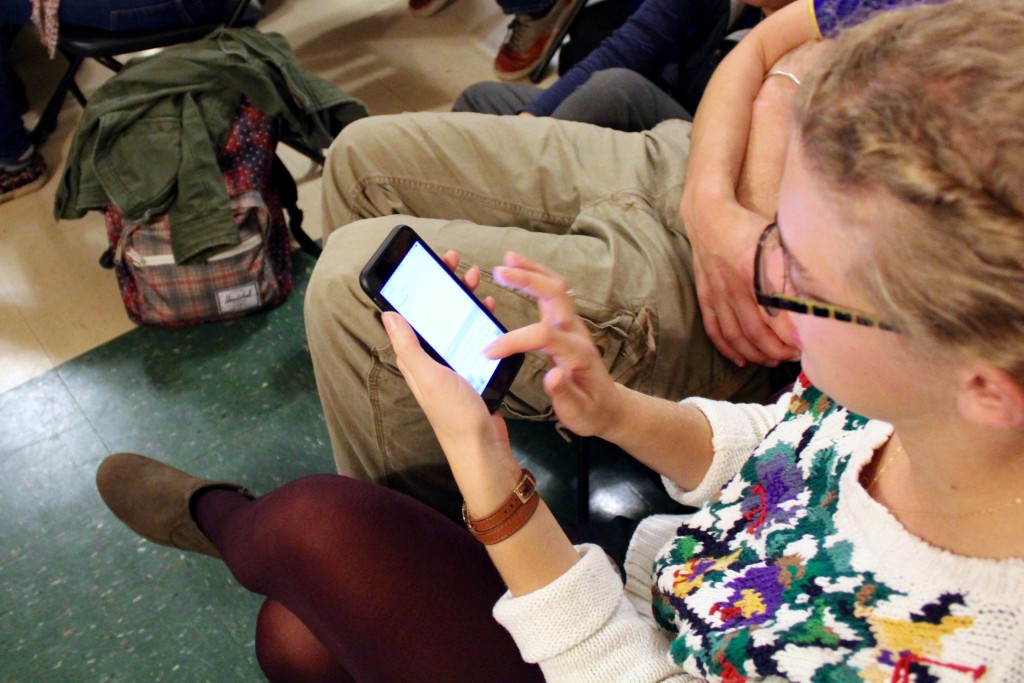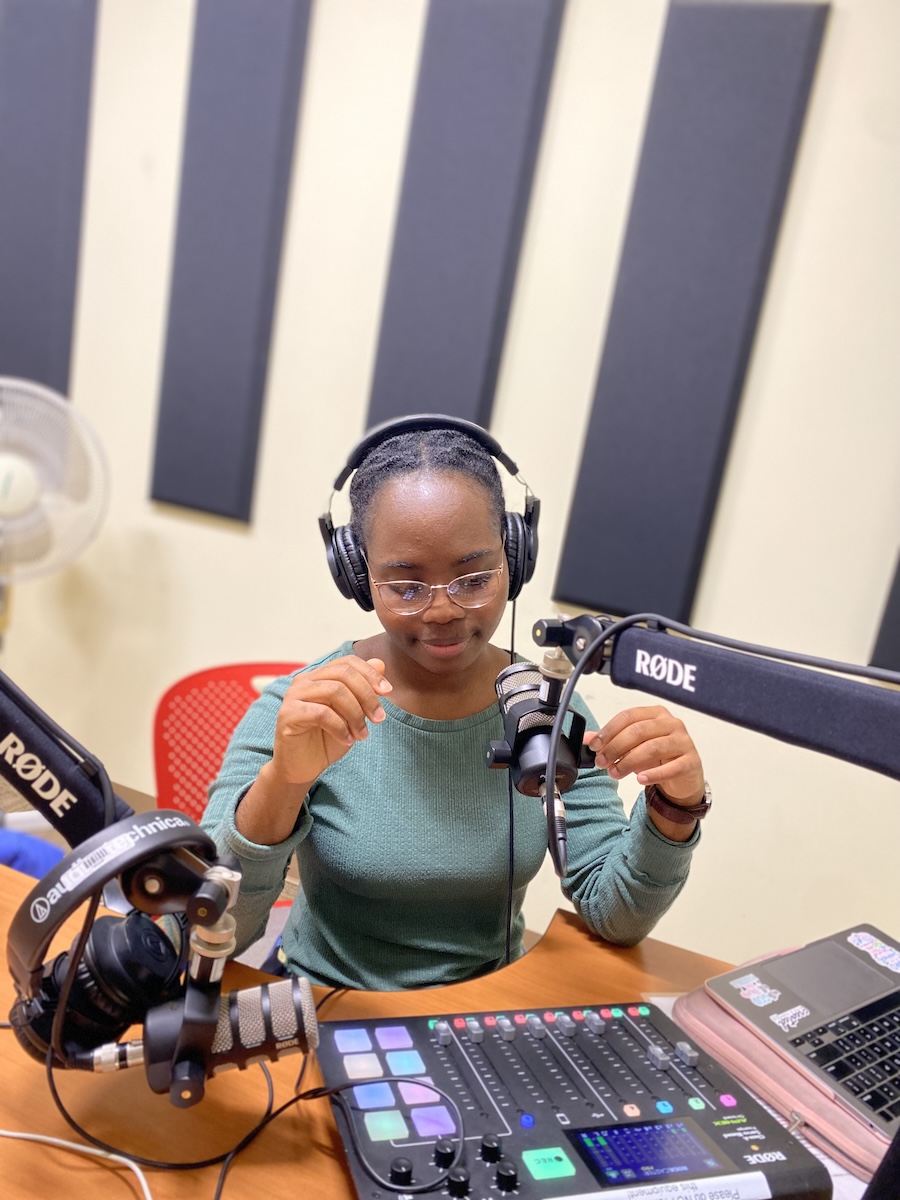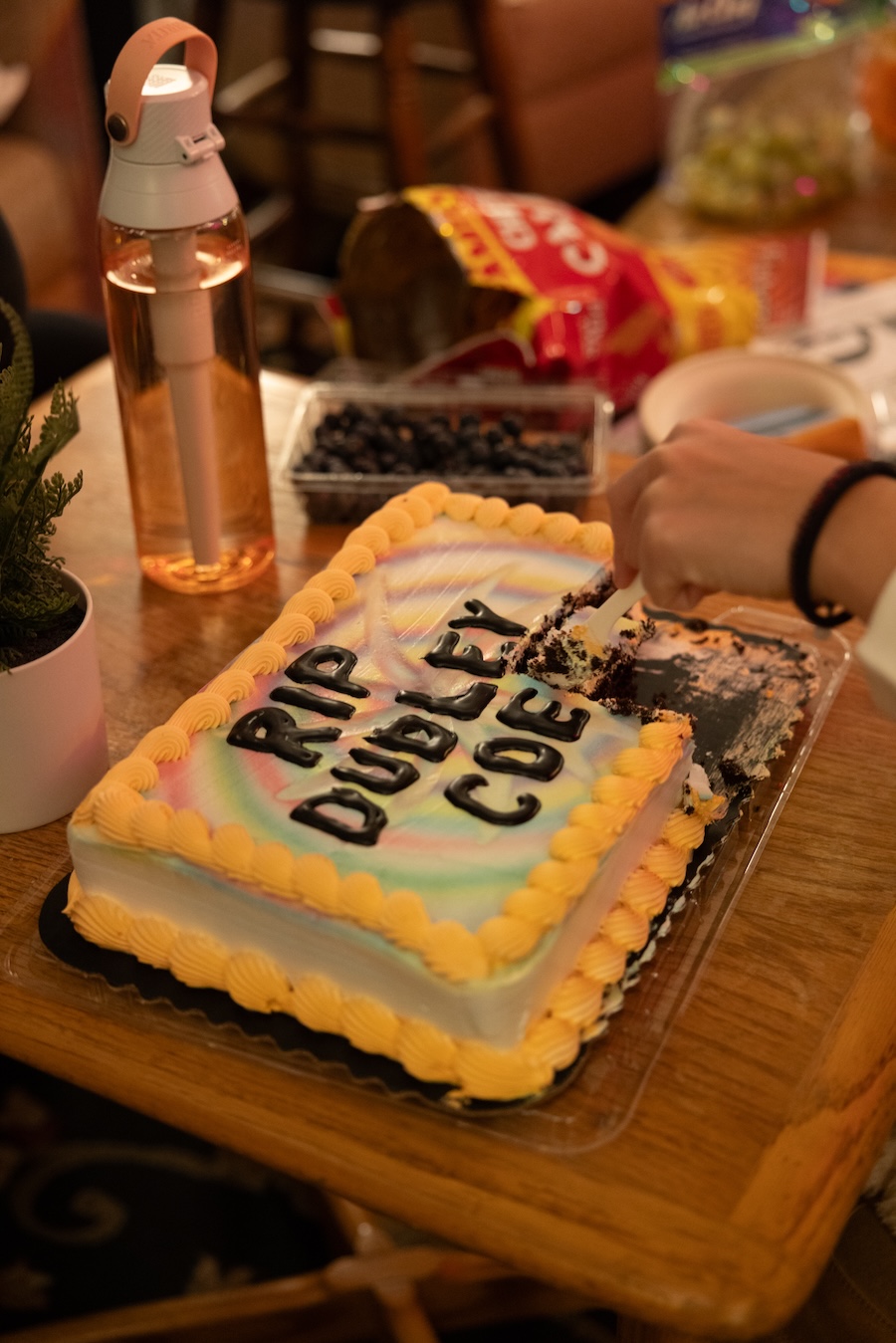Political Correctness Discussion Draws Crowds and Questions
By Talia Cowen '16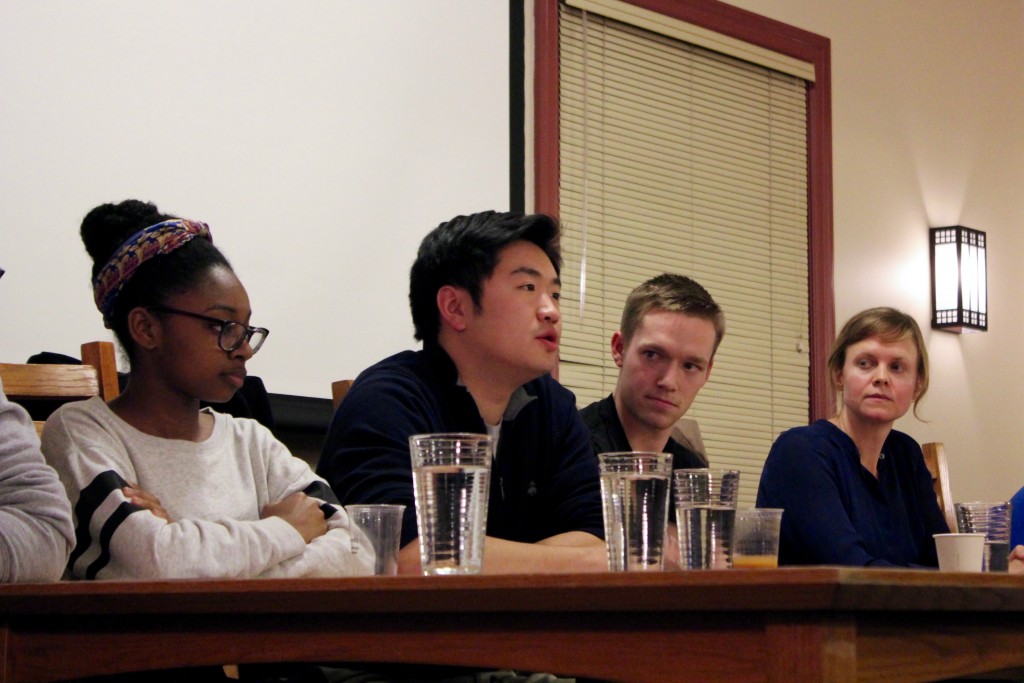
Political correctness has become a point of contention on many university and college campuses across the country. The importance of this issue to the Bowdoin community was shown by a panel discussion on political correctness held last week at Quinby House.
The Quinby chapter room was packed with students and peppered with administrators to listen to the panel, which is part of the No Hate November programming on campus this month.
Moderated by Benje Douglas, director of Title IX and Compliance, the panel featured students and faculty. Kevin Ma ’17, Diamond Walker ’17, Esther Nunoo ’17, and Chase Savage ’16 joined Professor of Sociology Nancy Riley and Visiting Assistant Professor of Sociology Monica Brannon. The panelists discussed their views on and experiences with political correctness, and took questions from the crowd, asked in person and over text message.
While the panel was able to touch on a wide range of topics, the intention was to open up a greater discussion of the issue on campus. “We’re not going to finish this in an hour, and it’s going to leave you hungry for more,” announced Douglas at the start of the evening. Despite this, the panel did cover a lot of ground in a short time.
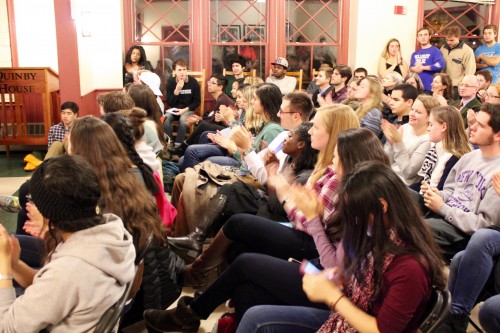
A couple of the student panelists said they had not confronted the term “political correctness” until they arrived at college. Walker and Nunoo, who are both from New York City, said the idea of political correctness does not exist in their home community.
Professors Riley and Brannon said the PC-era had not yet begun when they were undergraduates. However, Riley pointed out political correctness “seems to be a reaction to some of the changes this country has undergone….It’s good that it has arrived because it signals important social change that has happened over the past decade.”
When asked for specific strategies to deal with political correctness, Walker suggested students “say what you’re trying to say even if you don’t have the right words.” She also suggested students “go for it and be brave” in these conversations. Similarly, Nunoo noted “there’s no ‘right’ way to talk about these things,” but that “glossing over” these issues invalidates the experiences people have of racism.
Riley said that “faculty are not trying to navigate these situations the way students are,” but that despite this, “many of us in the past couple of weeks have met with students in our offices…it makes me hopeful.”
Nunoo noted that “change takes forever,” but she added that she is hopeful it will happen. “We’re having a lot of these conversations,” she said. “On a small scale, things are moving.”
